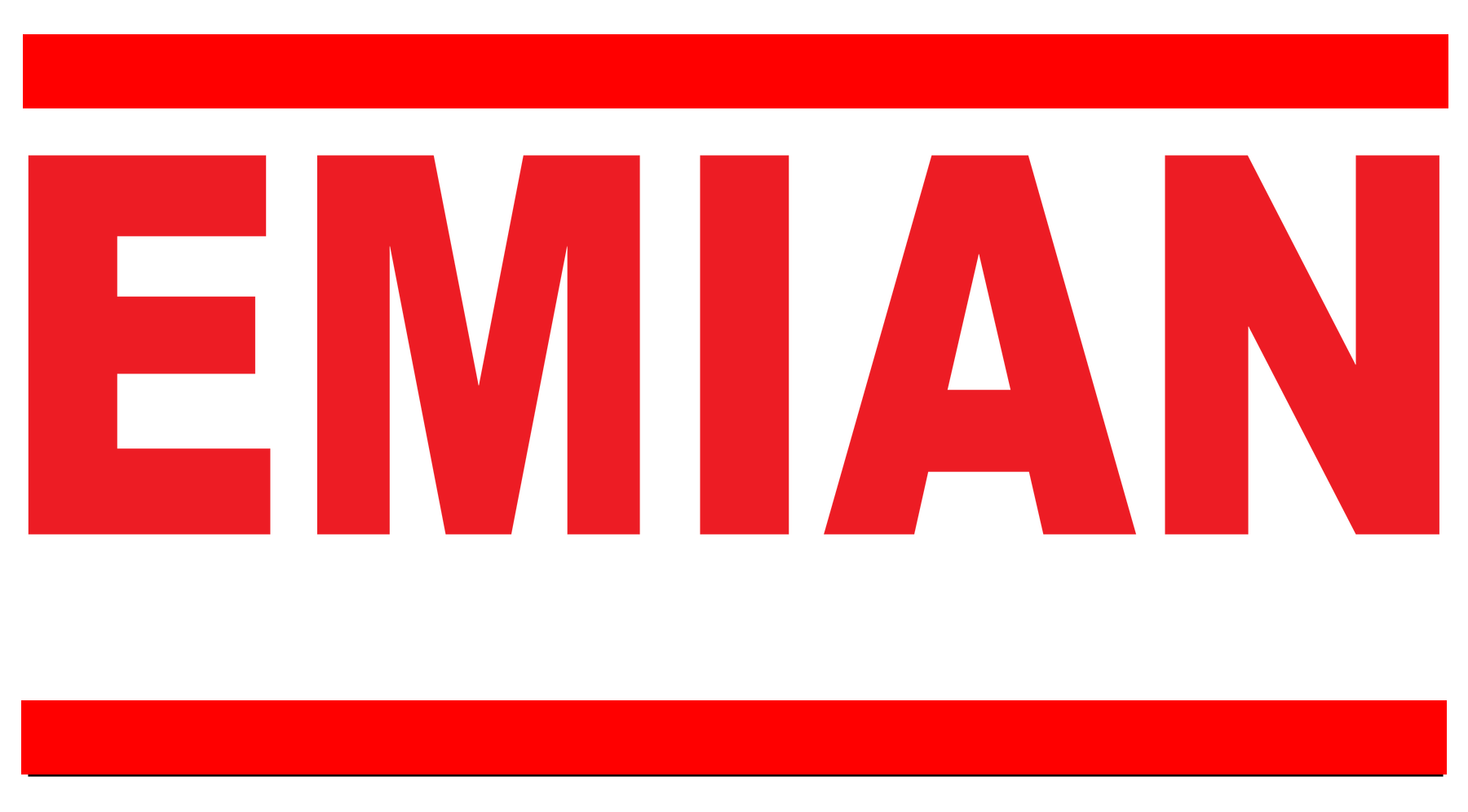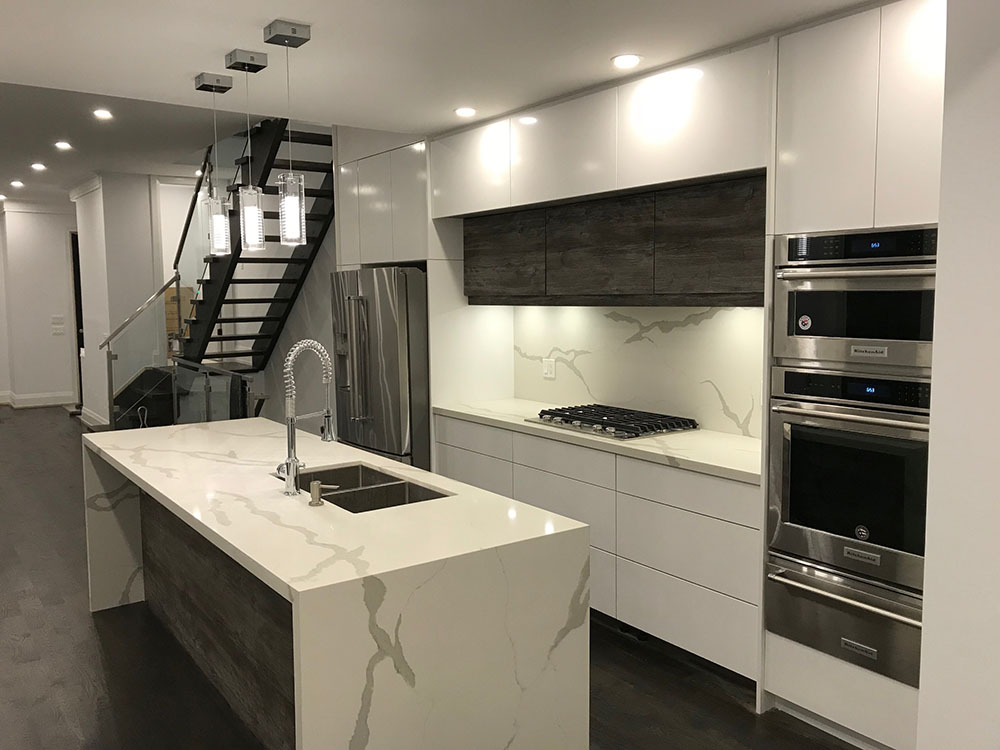Introduction
Renovating your kitchen is an exciting endeavor that can breathe new life into your home and enhance your living experience. Whether you’re looking to improve functionality, increase resale value, or simply update the aesthetic appeal of your space, a kitchen renovation can offer numerous benefits. However, embarking on a kitchen renovation project requires careful planning and consideration to ensure a successful outcome.
Planning Your Kitchen Renovation
Before diving into the renovation process, it’s essential to establish a clear plan of action. Start by setting a realistic budget based on your financial resources and renovation goals. Consider factors such as the scope of work, desired materials, and labor costs to determine a budget that aligns with your needs and preferences.
Next, define your renovation goals and priorities. Are you looking to create a more open-concept layout, upgrade to modern appliances, or enhance storage space? By identifying your objectives upfront, you can focus your efforts and resources on achieving the desired outcome.
Researching design ideas and inspiration can also help guide your renovation plans. Explore different styles, layouts, and color schemes to determine what resonates with your personal taste and lifestyle.
Choosing the Right Materials and Appliances
Selecting high-quality materials and appliances is crucial for creating a durable and functional kitchen space. Opt for durable materials such as quartz or granite countertops, hardwood or laminate flooring, and solid wood cabinetry that can withstand daily wear and tear.
When choosing appliances, prioritize energy efficiency to reduce utility costs and minimize environmental impact. Look for ENERGY STAR certified appliances that meet stringent energy efficiency standards without compromising performance.
Hiring Professionals vs. DIY
Deciding whether to hire a professional contractor or tackle the renovation project yourself depends on various factors, including your skill level, available time, and budget constraints.
While DIY projects can be cost-effective and empowering, complex renovation tasks such as electrical wiring, plumbing, and structural modifications are best left to experienced professionals. Hiring a reputable contractor can ensure the job is done safely, efficiently, and according to local building codes and regulations.
Designing Your Dream Kitchen
Designing a functional and aesthetically pleasing kitchen requires careful consideration of layout, storage solutions, and design elements. Maximize space utilization by optimizing the kitchen layout to facilitate seamless workflow and traffic flow.
Incorporate trendy design elements such as matte black fixtures, statement lighting, and mixed material finishes to add visual interest and personality to your space. Balance style with functionality by prioritizing features that enhance usability and convenience, such as pull-out pantry shelves, built-in organizers, and multifunctional islands.
Managing the Renovation Process
Effective project management is essential for ensuring a smooth and successful renovation experience. Create a detailed timeline outlining key milestones and deadlines to keep the project on track and avoid delays.
Maintain open communication with your contractor throughout the renovation process to address any concerns or changes promptly. Be prepared to adapt to unforeseen challenges or setbacks that may arise during construction, such as material delays or unexpected structural issues.
Completing the Renovation
As the renovation nears completion, focus on adding the finishing touches that will bring your vision to life. Pay attention to detail when installing hardware, fixtures, and trim to achieve a polished and cohesive look.
Perform a thorough quality assurance inspection to identify any deficiencies or areas that require attention before finalizing the project. Address any issues promptly to ensure the renovation meets your expectations and specifications.
Enjoying Your Newly Renovated Kitchen
Once the renovation is complete, take time to savor the transformation and enjoy your newly renovated kitchen space. Host family and friends for gatherings and meals to showcase your updated kitchen and create lasting memories.
Embrace the opportunity to explore your culinary creativity and indulge in the pleasure of cooking and meal preparation in your revitalized kitchen environment. Whether you’re whipping up family favorites or experimenting with new recipes, your renovated kitchen is sure to inspire culinary adventures for years to come.
Conclusion
A kitchen renovation is a significant investment that can enhance the functionality, aesthetic appeal, and value of your home. By carefully planning, selecting quality materials, and working with experienced professionals, you can transform your kitchen into a space that reflects your style and meets your practical needs.
FAQs
How long does a kitchen renovation typically take?
- The duration of a kitchen renovation project varies depending on the scope of work, size of the space, and complexity of the design. On average, a full kitchen renovation can take anywhere from several weeks to a few months to complete.
What are some cost-saving tips for kitchen renovation?
- To minimize costs, consider refacing or repainting existing cabinets instead of replacing them, opting for laminate countertops over natural stone, and reusing or repurposing existing fixtures and appliances where possible.
How can I maximize storage space in my kitchen?
- Maximizing storage space in your kitchen can be achieved through thoughtful design solutions such as installing tall cabinets, incorporating pull-out drawers and shelves, utilizing vertical storage options, and optimizing corner spaces with lazy susans or swing-out organizers.
Do I need permits for a kitchen renovation?
- Depending on the scope of work and local building codes, permits may be required for certain renovation projects, particularly those involving structural modifications, electrical or plumbing work, or changes to the footprint of the space. It’s essential to check with your local building department to determine permit requirements for your specific renovation plans.
How can I maintain my newly renovated kitchen?
- To keep your newly renovated kitchen looking its best, practice regular cleaning and maintenance, avoid harsh chemicals and abrasive cleaners that can damage surfaces, address any issues or repairs promptly, and follow manufacturer’s guidelines for care and maintenance of appliances and materials.
Putting Client Needs First
At our core, we prioritize the needs of our clients above all else during home construction or any renovation, earning us a reputation as a top-quality construction company in Toronto.

